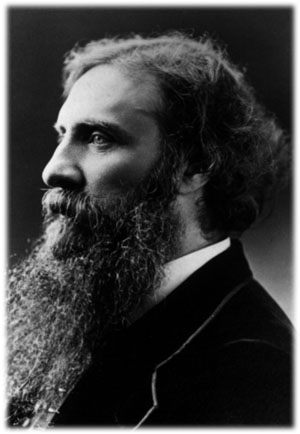Highlights from: A Student's Guide to Intellectual Work by Jean Guitton:
The heaviest burden for the spirit is not to know what should be done.
The golden rule of intellectual work can be put thus: tolerate neither half-work nor half-rest. Give yourself totally or withhold yourself absolutely. Never allow the two to overlap.
You find the aides you deserve.
There is no such thing as preliminaries in work or in love.
Actually, the thing that should arrest your attention is a fact illuminated by an idea or an idea incarnated in a fact.
The great boon of sleep is to avoid disproportion.
Any and all precision represents a victory.
Genuine originality develops in response to cultivation and not in response to a void;
Waiting for inspiration is a futile exercise.
There is a great difference between the book that is loaned to you and the book that belongs to you.
You must read novels to learn the meaning of your own life and the lives of those around you, for the dullness of daily routine masks it.
To create is to renounce infinite possibilities in order to retain only one.
Thought is a confession.
Immediate success is a bad sign.
Accept your limitations on every side. Limits give form, and form is a condition of plenitude.
Cherish all that is genuine, and because of this love be on your guard not to associate exclusively with intelligent people.
Labels: creativity



